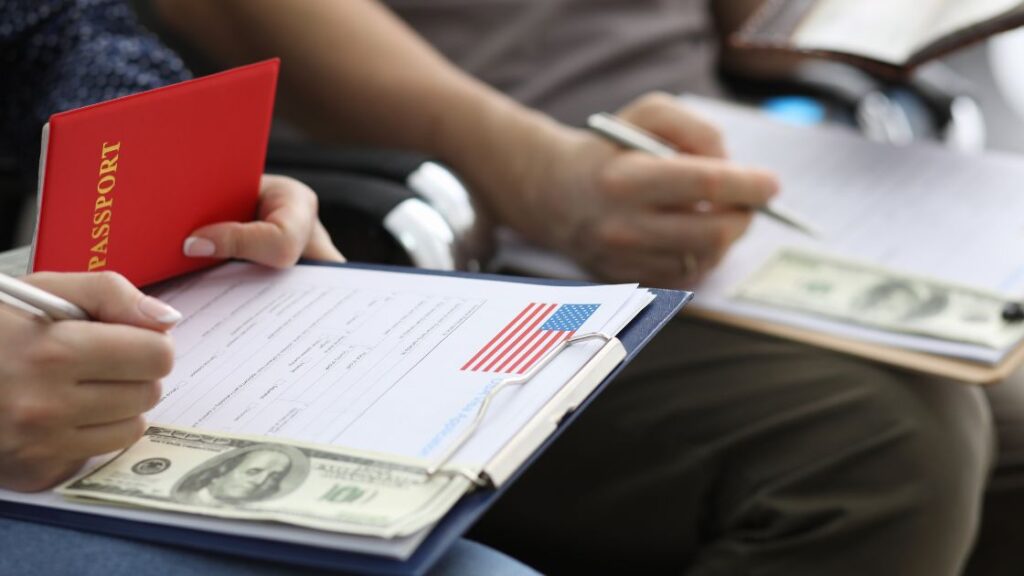Tag: Green Card Renewal

Green Card Renewal Support: Ensuring Timely Processing
Renewing a Green Card is a critical process for maintaining legal residency in the United States. With strict deadlines and detailed requirements, navigating the renewal process can feel overwhelming. Missing key steps or filing late could lead to complications, including potential disruptions to work or travel. Understanding the importance ofRead More